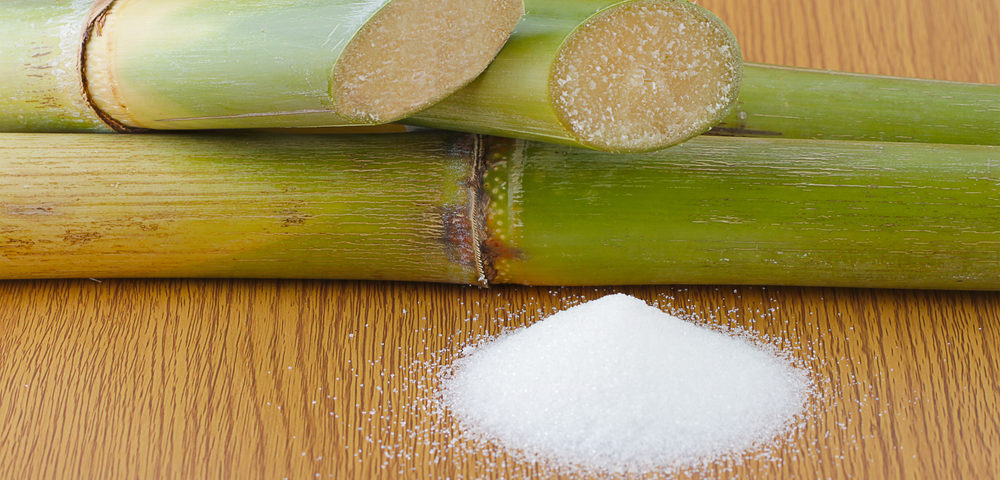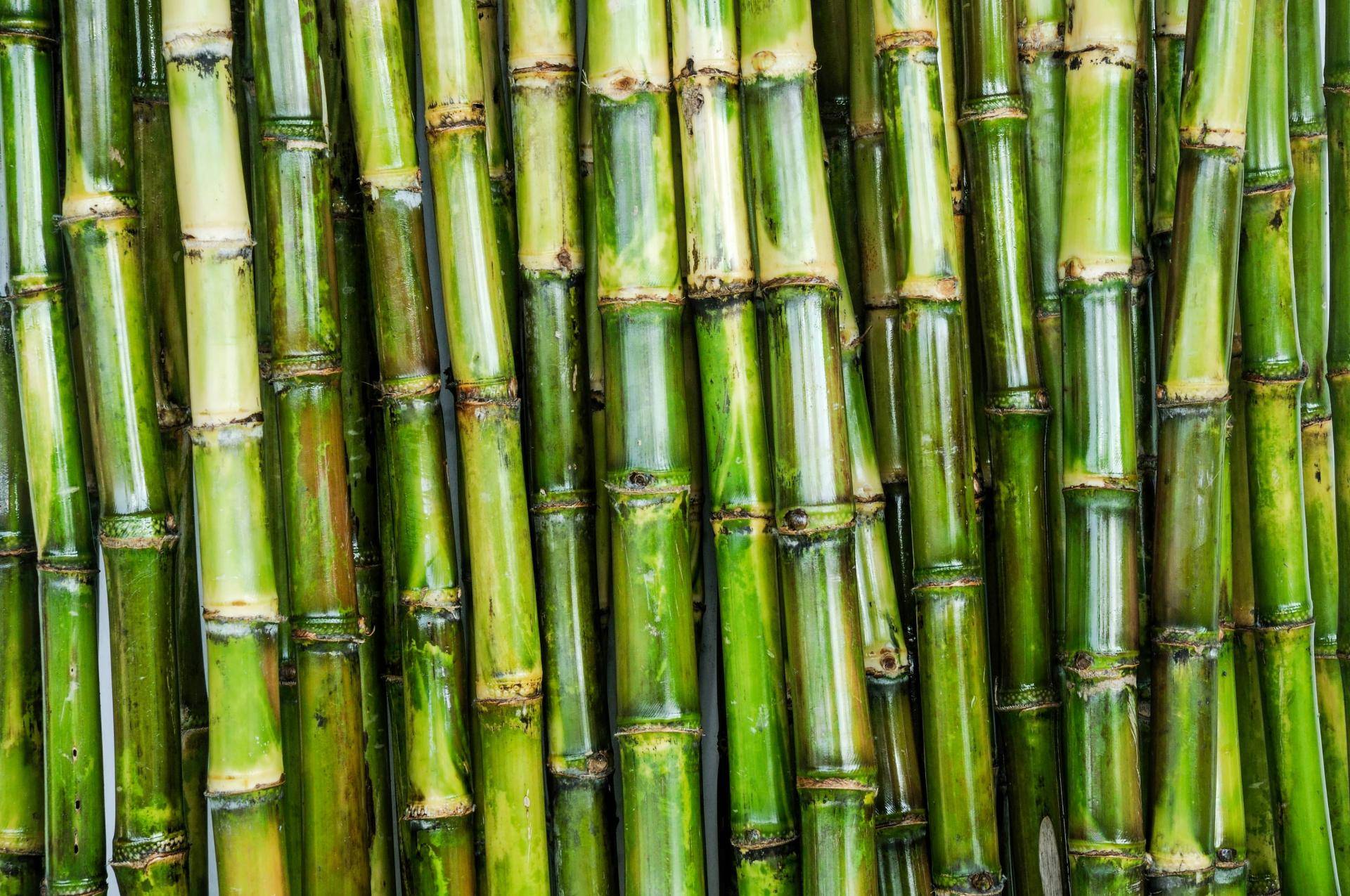The Healthier Alternatives to Sugar and Cane for Natural Sweetness
The Healthier Alternatives to Sugar and Cane for Natural Sweetness
Blog Article
Why Cane Sugar Processing Chemicals Are Important for Modern Sugar Refining
The role of walking stick sugar processing chemicals in contemporary sugar refining can not be overstated, as they are essential to enhancing both the efficiency of extraction and the overall quality of the end product. Agents such as phosphoric acid and certain flocculants are utilized to get rid of impurities, leading to sugar that not only satisfies consumer assumptions but also follows sector criteria. Nevertheless, the effects of these chemicals prolong beyond quality, touching upon market dynamics and ecological considerations. This increases important inquiries about the sustainability of such methods and their effect on the future of sugar production.
Role of Handling Chemicals
The effectiveness of walking stick sugar handling pivots substantially on the strategic application of processing chemicals. These chemicals play a crucial function in improving the effectiveness and top quality of sugar extraction and refining. From the first stages of juice extraction to the final filtration steps, handling chemicals promote different essential procedures.
In the extraction stage, chemicals such as phosphoric acid and calcium hydroxide are used to maximize the explanation procedure, aiding to eliminate pollutants and suspended solids from the walking stick juice. This not only enhances the yield yet likewise guarantees the quality of the last product. In addition, agents like flocculants help in the fast settling of impurities, therefore enhancing the overall procedure.
As the handling advancements, chemicals are utilized in decolorization and formation stages. Turned on carbon and ion exchange resins offer to get rid of color and smell, making sure that the refined sugar fulfills customer quality standards. Inevitably, the duty of handling chemicals expands beyond functional effectiveness; they dramatically influence the sensory attributes of the final product, contributing to market competition. Hence, the thorough selection and application of these chemicals are crucial for achieving ideal end results in cane sugar processing.
Key Kinds Of Chemicals
Walking cane sugar handling relies upon a selection of vital chemicals that promote each stage of production. These chemicals play vital functions in clearing up, whitening, and purifying the sugar drawn out from walking stick.
One key group of chemicals includes flocculants, such as polyacrylamide, which help in the clarification process by promoting the gathering and settling of contaminations. Additionally, calcium hydroxide is frequently utilized to counteract acidity and assist in the removal of non-sugar parts.
Lightening representatives, such as turned on carbon and sulfur dioxide, are made use of to decolorize the syrup, causing a more clear end product. These chemicals assist eliminate color substances that might influence the sugar's look and bankability.
Additionally, phosphoric acid serves as a pH regulator throughout the handling stages, making sure ideal conditions for the enzymatic activities involved in sugar extraction and purification.
Various other crucial agents consist of edta (ethylenediaminetetraacetic acid), which chelates steel ions that could militarize unfavorable reactions, and salt hydroxide, which assists in pH control throughout the refining procedure. Collectively, these chemicals enhance performance and make sure a high-quality walking cane sugar product.
Benefits for Sugar Quality
Frequently overlooked, using certain handling chemicals substantially improves the overall quality of cane sugar. These chemicals play a crucial duty in refining procedures, guaranteeing that the last product fulfills rigorous sector criteria for purity and preference.

In addition, refining chemicals help in achieving a regular granulation and appearance, which are critical for customer approval. By regulating the condensation procedure, these chemicals make sure that the sugar crystals develop consistently, resulting in a much more appealing product that liquifies well in numerous applications.
In addition, the usage of these chemicals can boost the rack life of walking stick sugar by lessening wetness absorption and microbial development. Generally, the calculated application of processing chemicals is essential for supplying top notch cane sugar that meets consumer assumptions and sector demands.
Ecological Impact Factors To Consider

In addition, the energy-intensive nature of sugar refining, intensified by chemical use, usually results in raised carbon discharges. This adds to environment adjustment and increases issues pertaining to the sustainability of existing refining techniques. In addition, the sourcing of these chemicals may involve techniques that threaten biodiversity, such as monoculture farming, which decreases the strength of agricultural ecological communities.

To mitigate these impacts, sugar refiners are increasingly discovering lasting options and adopting ideal techniques that lessen chemical usage. Implementing strenuous ecological management visit this site right here systems can help make certain that the refining procedure aligns with ecological criteria and promotes biodiversity. Ultimately, a well balanced technique that prioritizes both sugar quality and ecological stewardship is necessary for the long-term stability of the sugar industry.
Future Trends in Refining
As the sugar market comes to grips with the ecological challenges connected with conventional refining methods, ingenious strategies are arising to improve both effectiveness and sustainability. One substantial trend is the fostering of green chemistry concepts, which prioritize the use of non-toxic, biodegradable handling chemicals. This shift not just minimizes ecological impact yet likewise addresses customer demand for cleaner production approaches.
One more encouraging development is the application of advanced filtering modern technologies, such as membrane separation and adsorption procedures. These techniques enhance the quality and quality of the sugar while minimizing the volume of wastewater generated throughout refining. Furthermore, the integration of electronic innovations, including IoT and AI, is changing operational performance by allowing real-time monitoring and anticipating upkeep, thus lessening source waste.
Moreover, making use of spin-offs from sugar refining, such as bagasse and molasses, is obtaining grip. These materials can be exchanged biofuels or value-added products, contributing to a circular economic situation within the sector. Jointly, these trends signal a shift towards more sustainable methods that not just boost functional performance but also line up with global sustainability goals, making certain the future feasibility of sugar refining.
Conclusion
Cane sugar processing chemicals are crucial in modern-day sugar refining, significantly enhancing the efficiency and high quality of sugar extraction. The calculated use these chemicals not only enhances the pureness and taste of the last item yet additionally makes sure regular crystallization and texture. As the industry increasingly focuses on sustainability, the fostering of environmentally-friendly processing agents is most likely to form future patterns in refining, eventually causing greater high quality products and prolonged service life for consumers.

Ultimately, a balanced technique that focuses on both sugar quality and environmental stewardship is crucial for the long-term feasibility of the sugar sector.
Cane sugar processing chemicals are crucial in modern sugar refining, substantially boosting the efficiency and high quality of sugar removal.
Report this page